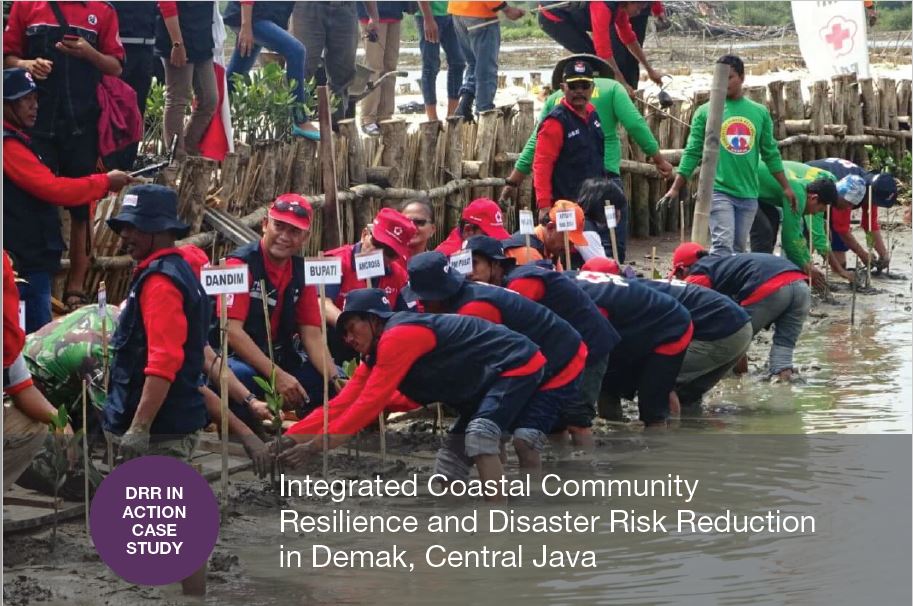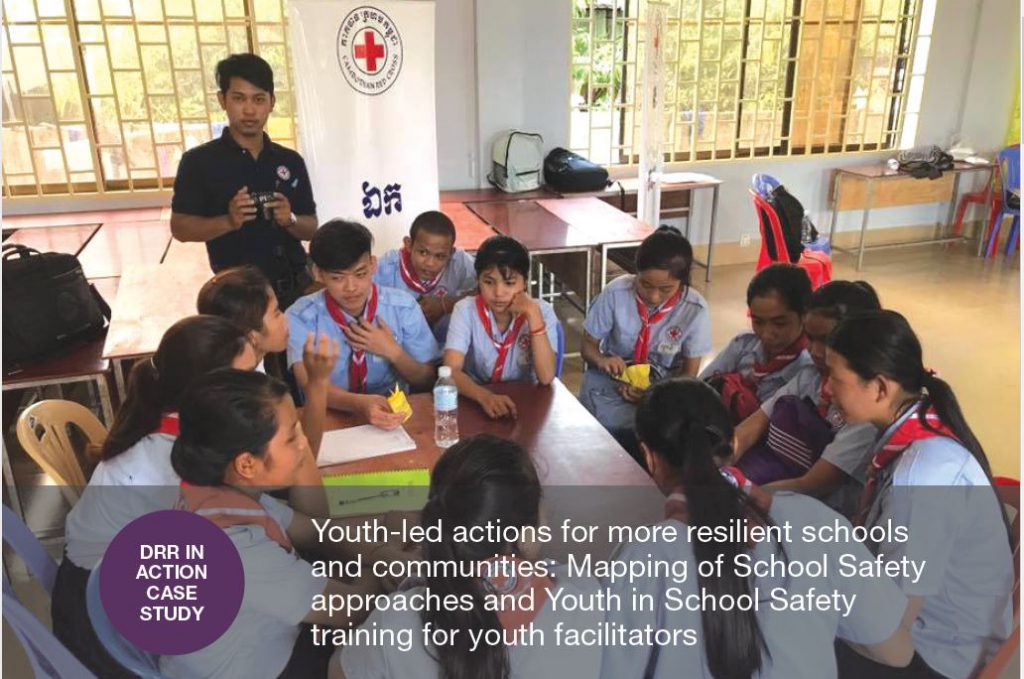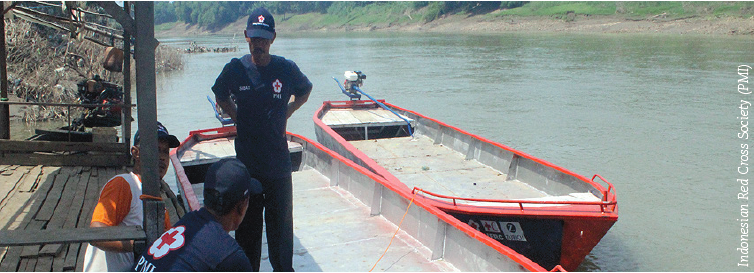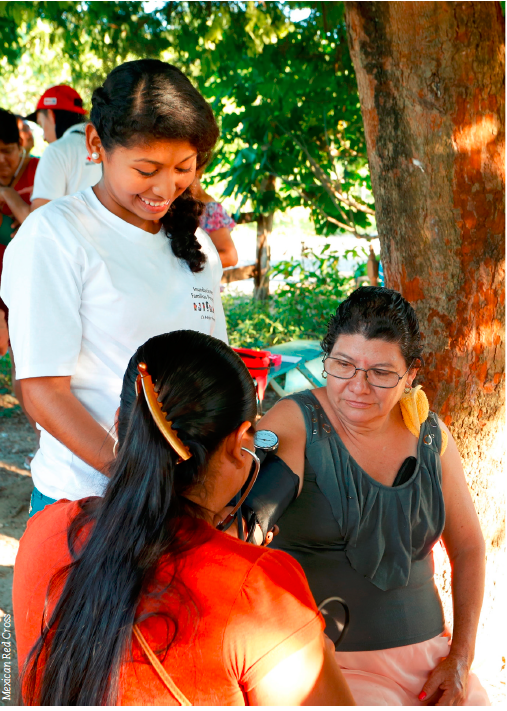Integrated Coastal Community Resilience and Disaster Risk Reduction in Demak, Central Java
In Demak, Central Java, natural forces exacerbated by human activities have escalated coastal erosion to the point of damaging the ecological system and jeopardizing opportunities for socio-economic activities in coastal areas. To mitigate the impact of coastal hazards and strengthen community resilience, the Indonesian Red Cross/Palang Merah Indonesia (PMI), with support from international partners, implemented […]




